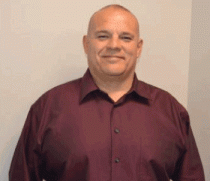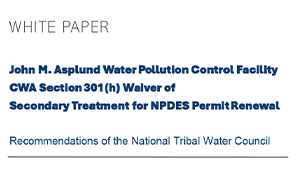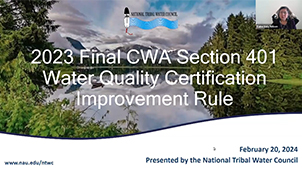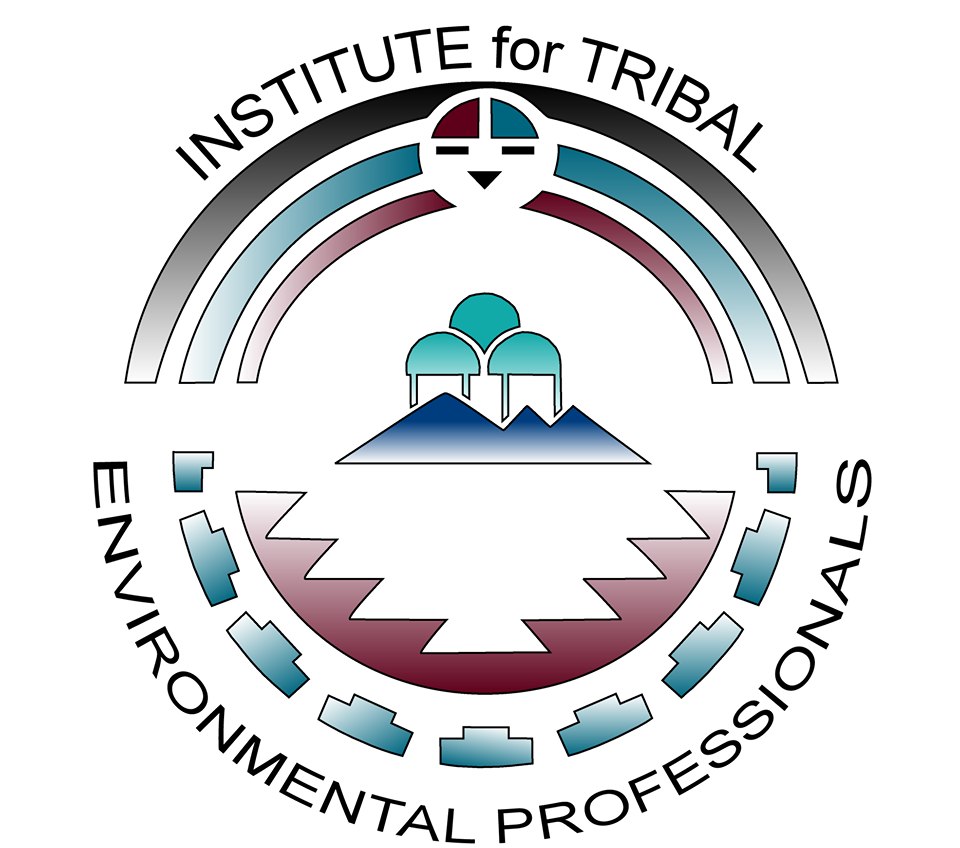The NTWC has identified its purpose in its bylaws:
"The NTWC was established to advocate for the best interests of federally-recognized Indian and Alaska Native Tribes, and
Tribally-authorized organizations, in matters pertaining to water. It is the intent of the NTWC to advocate for the health and
sustainability of clean and safe water, and for the productive use of water for the health and well-being of Indian Country,
Indian communities, Alaska Native Tribes and Alaska Native Villages."
At the start of 2021, the National Tribal Water Council took the opportunity to outline several key priority actions that are important and crucial to tribes. A transition brief has been
developed and will be shared with the EPA, tribes, the National Tribal Caucus, National Congress of American Indians, and tribal organizations. A copy of the transition briefing document
is available by clicking HERE.
As the Chairman of National Tribal Water Council (NTWC),
I welcome you to the new NTWC website.
 Hello, my name is Ken Norton and I am an enrolled member of the Hoopa Valley Tribe and serve as the Director of
the Hoopa Valley Tribal Environmental Protection Agency, in Hoopa, California. For those of you visiting this site
for the first time, I’d like to briefly share about the National Tribal Water Council.
Hello, my name is Ken Norton and I am an enrolled member of the Hoopa Valley Tribe and serve as the Director of
the Hoopa Valley Tribal Environmental Protection Agency, in Hoopa, California. For those of you visiting this site
for the first time, I’d like to briefly share about the National Tribal Water Council.

 National Tribal Water Council’s White Paper on the John M. Asplund Water Pollution Control Facility (Asplund WPCF) CWA Section 301(h) Waiver of Secondary Treatment for NPDES Permit Renewal
National Tribal Water Council’s White Paper on the John M. Asplund Water Pollution Control Facility (Asplund WPCF) CWA Section 301(h) Waiver of Secondary Treatment for NPDES Permit Renewal
 A Guidebook for Developing Tribal Water Quality Standards was developed by the National Tribal Water Council to serve as a tool and a guide to assist tribes in developing a water quality standards program
under tribal legal authority.
A Guidebook for Developing Tribal Water Quality Standards was developed by the National Tribal Water Council to serve as a tool and a guide to assist tribes in developing a water quality standards program
under tribal legal authority.
 NTWC's Webinar Video on "Guidebook for Developing Tribal Water Quality Standards"
NTWC's Webinar Video on "Guidebook for Developing Tribal Water Quality Standards"
Watch Video
 NTWC's Webinar Video on "Final 2023 CWA Section 401 Water Quality Certification Improvement Rule"
NTWC's Webinar Video on "Final 2023 CWA Section 401 Water Quality Certification Improvement Rule"
Watch Video


